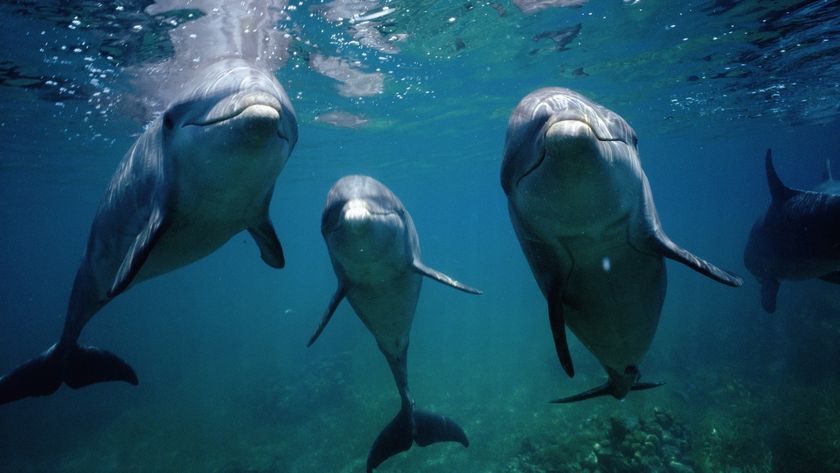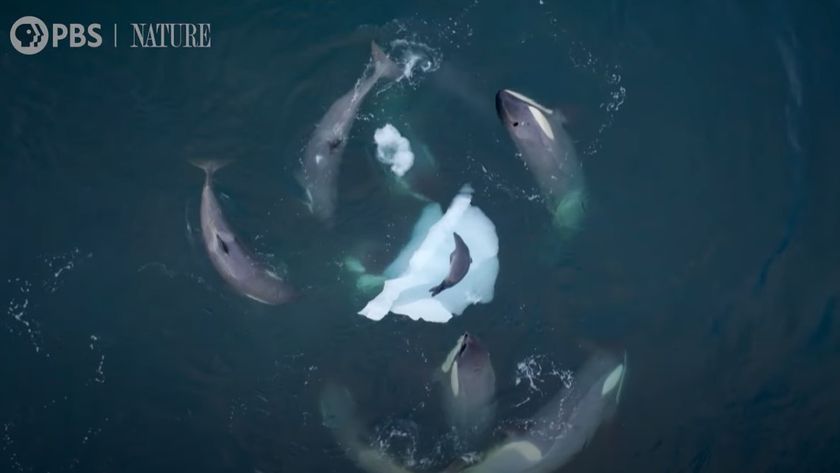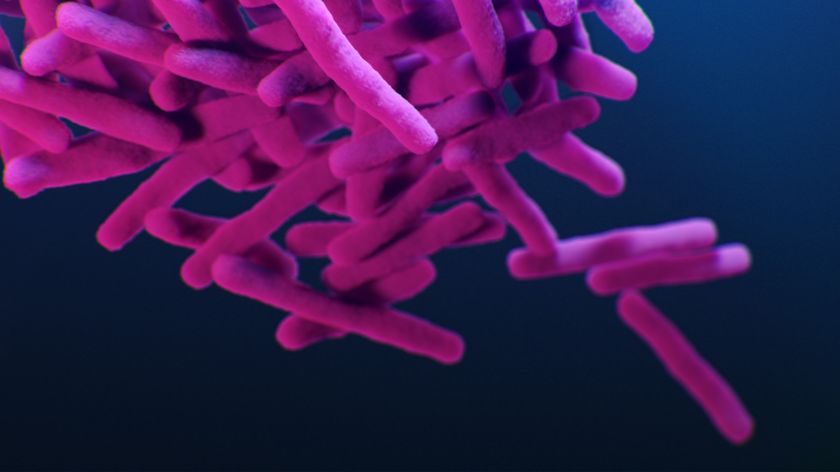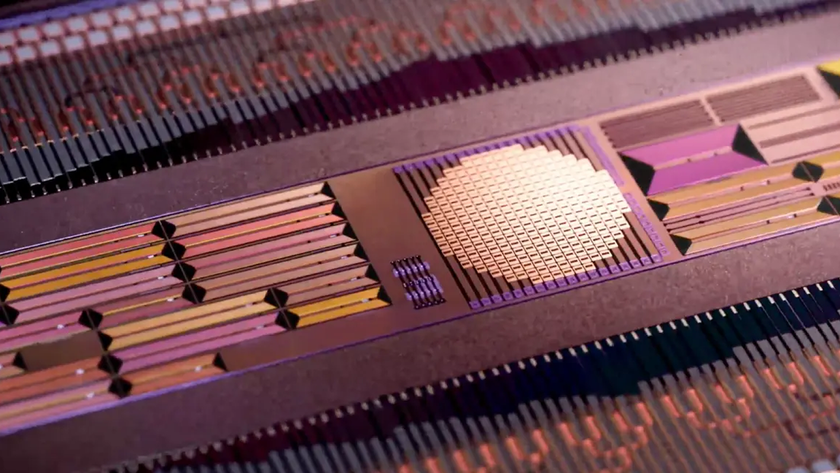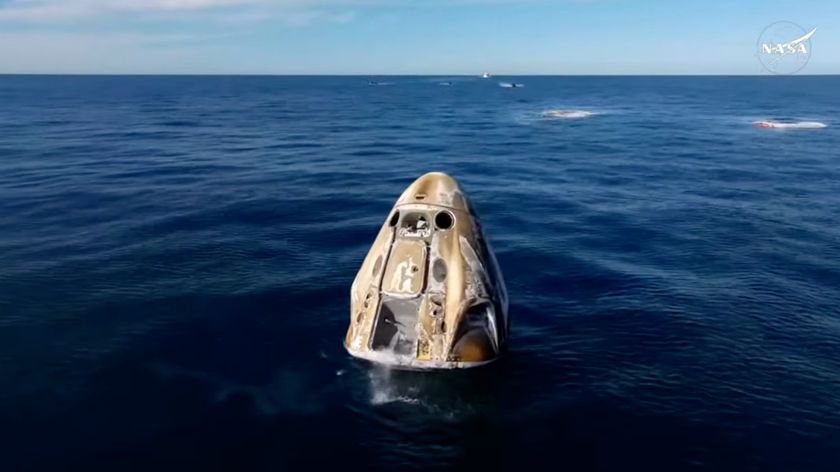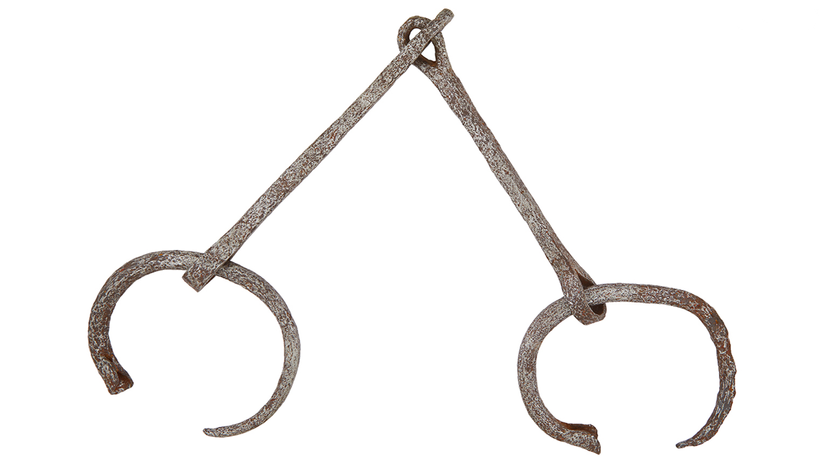Shake Well Before Enjoying: Dolphins 'Tenderize' Octopus Prey
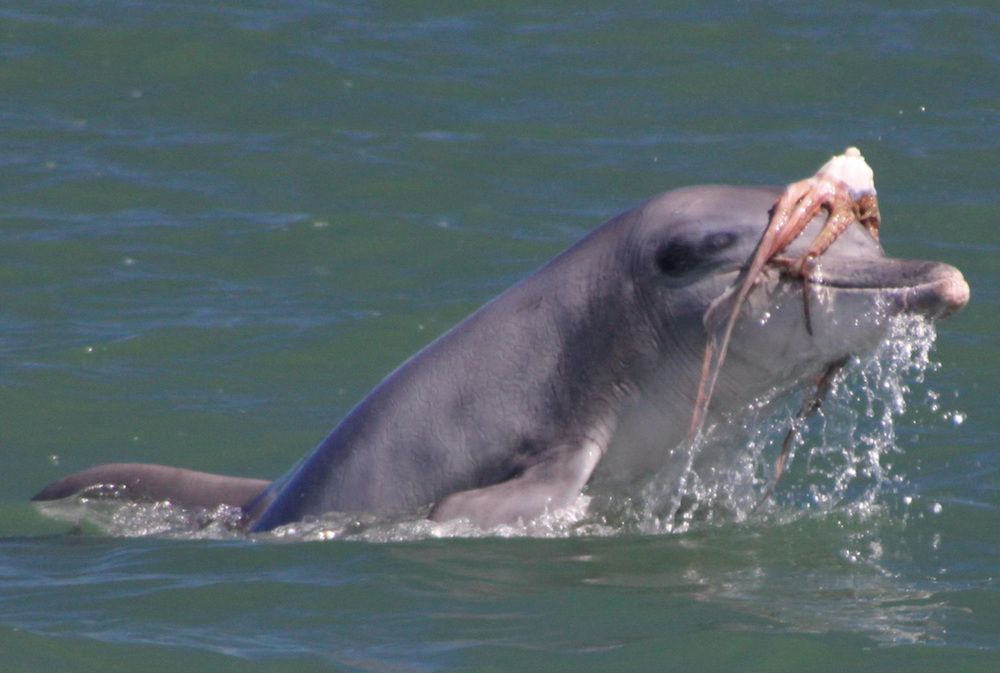
Attempting to consume live octopus can prove deadly for predators, but dolphins have an innovative way to prep their dinner: They tenderize the meat by tossing it around.
In a new study, researchers have detailed the eye-catching way dolphins eat octopus. Scientists observed bottlenose dolphins off the coast of Australia shaking octopus prey on the water's surface, and tossing the animals several feet into the air multiple times. This was all done to help break down and tenderize the prey before eating it, the researchers said.
Attempting to consume a large octopus without preparing the prey first could result in the predator's death, study authors Kate Sprogis, a marine mammal ecologist at Murdoch University, and David Hocking, a marine zoologist at Monash University, both in Australia, wrote in a post on The Conversation. For example, in 2015, researchers found that an adult male bottlenose dolphin suffocated to death while trying to eat an octopus, the researchers said. [8 Crazy Facts About Octopuses]
"Each of [an octopus's] eight arms have powerful suction-cup-like suckers on the underside, which are normally used to help octopus[es] capture their own prey while crawling along the seafloor," Sprogis and Hocking wrote. "But when [octopuses are] attacked by a dolphin, these suckered arms also help octopuses to defend themselves by latching onto the dolphin's smooth skin."
Even after an octopus has been killed, the suckers may still cling onto something as the predator consumes the animal. To handle the octopus without suffocating to death, and to consume it without activating its suckers, dolphins shake and toss their meals around, the scientists said.
The researchers determined that by tossing the octopus, the dolphins keep it from latching onto them. This also likely wears out the octopus's reflex responses, the researchers said, making the suckers less dangerous.
Though handling the eight-legged prey can be dangerous, the scientists said they observed bottlenose dolphins successfully consuming octopuses. The researchers also noted that a common time for this behavior was during or after the octopus mating season, when the prey's health begins to deteriorate.
Sign up for the Live Science daily newsletter now
Get the world’s most fascinating discoveries delivered straight to your inbox.
Octopuses are not the only prey that dolphins tenderize, or otherwise prepare, before eating, the researchers said.
"Dolphins have also been found to use several other highly specialized feeding behaviors," Sprogis and Hocking wrote, "including processing cuttlefish by popping out the cuttlebone … and using a marine sponge as a tool to probe the seafloor while searching for buried fish hiding in the sediment."
The study was published online (April 2) in the journal Marine Mammal Science.
Original article on Live Science.

